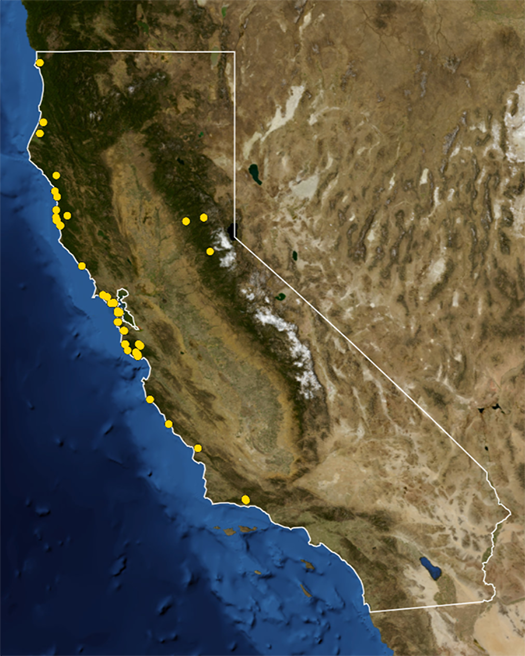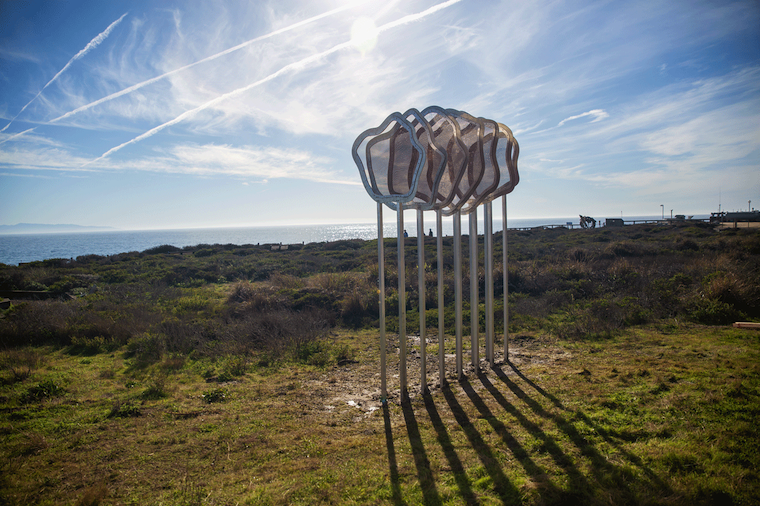Virtual Communications Remain Essential to Modern Workflows. Here’s What Psychology Research Says About Implications and Best-Practices
University of California, Santa CruzAs more companies and governments issue often unpopular return-to-office mandates, there’s still very little evidence about how remote work compares to in-person settings, especially when it comes to communication, which is the foundation of collaboration.










